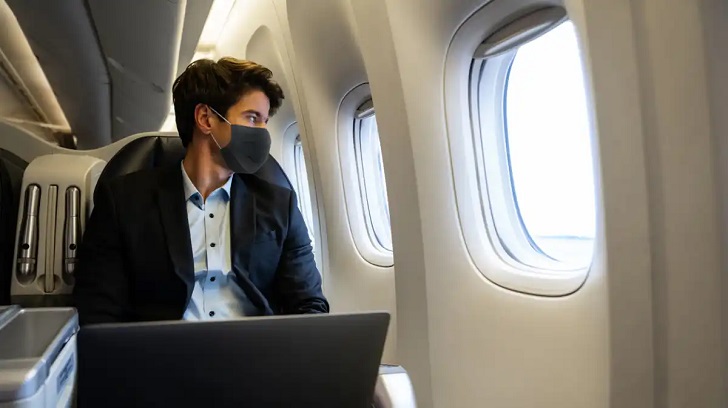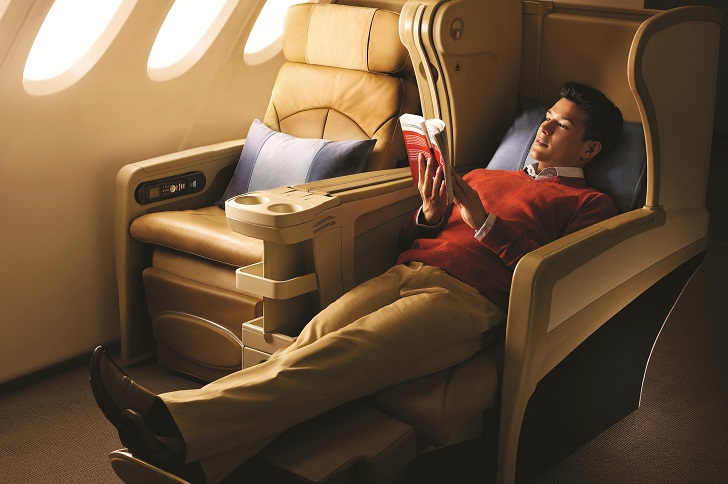Airline business travel has come a long way since its early days. Today, it is an essential component of the global economy. In fact, without business travel, the modern economic system would not function nearly as efficiently as it does today. Business travel brings people together, creates new relationships, and helps establish corporate agendas.
Over the years, the airline industry has grown considerably, and today, it is one of the most significant sectors in the world. Look at how airline business travel has evolved and predict the future.

Kathy Gurchiek/ Getty Images | Despite the challenges that come with the industry, the future looks bright for airline business travel
The Early Days
In the early days, business travel was limited to trains, ships, and cars. They were slow, unreliable, and expensive and carried only a few passengers at a time. It was a luxury reserved for only the wealthy businessmen who could afford it.
Airlines arrived in the 1920s and 30s, but commercial airlines flourished after World War II. The introduction of the jet engine revolutionized the industry, allowing faster travel times and greater capacity, making travel more accessible to the masses.
The Present
Today, business travel is a crucial component of the airline industry. According to the Global Business Travel Association, business travel accounts for a significant portion of the industry’s revenue. Airlines today offer a wide range of services and amenities designed explicitly for business travelers. These include priority boarding, airport lounge access, and business class seats.
The industry has advanced to the extent that business travelers can now work while they travel, with in-flight Wi-Fi and ample workspaces on board. Business travelers have also embraced the digital age, with online booking channels making it easier for employees to make reservations and track their expenses.

Kathy Gurchiek/ Getty Images | The airline business travel industry has come a long way since its early days
The Future
The airline industry is continually evolving, and business travel is no exception. The growth of technology has significantly impacted the industry, and we can expect to see further advancements in the future. One of the most significant impacts of technology is the increasing popularity of virtual meetings.
Video conferencing and other communication tools have made it easier than ever for people to connect with colleagues, clients, and customers worldwide without ever leaving the office. While virtual meetings cannot replace in-person meetings entirely, we can expect to see their usage continue to grow. The airline industry will also continue to invest in sustainability and eco-friendly initiatives, making business travel more environmentally friendly.

Timeout/ Shutterstock | Business class is a premium cabin available on international long-haul flights.
Changes Prompted by Covid-19
The Covid-19 pandemic caused widespread disruption to the airline industry, including business travel. In the past year, companies have opted not to allow traveling employees to prevent the spread of the virus. The airlines have introduced measures to protect passengers, but business travelers have had to look at alternative methods of meeting and conferencing.
Many companies have started to offer remote work more frequently than before. Although it’s hard to say how long the pandemic will last, we can anticipate that post-Covid business travel will look different.




